In ALLEGRO, we’re rethinking how networks verify trust.
Modern network security depends on confidentiality, integrity, and authenticity—but traditional mechanisms are often vulnerable to sophisticated attacks. That’s why within the ALLEGRO project, we’re pioneering novel authentication mechanisms using optical Physically Unclonable Functions (PUFs).
✨ Just like every human has a unique fingerprint, every chip and optical component carries intrinsic randomness—formed during manufacturing and impossible to clone. PUFs exploit this trait to generate challenge-response pairs (CRPs) for secure authentication. Even under different conditions, the response remains consistent for the same device—making it both reliable and resistant to spoofing or cloning.
🔍 In our architecture, we’re exploring two optical PUF implementations:
- 📸 Speckle-based PUFs: Using light passing through a random medium to create unique optical patterns [Akr20]
- 🌐 Rayleigh Backscattering Pattern (RBP)-based PUFs: Leveraging the inherent scattering signature in optical fibres [Nad23]
These implementations offer robust protection, especially in environments where lightweight, low-latency, and hardware-level trust are critical.
The future of secure, scalable optical networks needs more than cryptography—it needs unclonable identity at the hardware level.
#ALLEGROProject #NetworkSecurity #PUF #Authentication #OpticalPUF #CyberSecurity #QuantumTech #PhotonicSecurity #ZeroTrust #ResearchInnovation #SpecklePattern #RayleighScattering

